Saudi Arabia hands 50-year jail terms to tribesmen for rejecting displacement
Saudi Arabia has handed lengthy sentences to two members of a tribe over refusing to evict their homes to make way for the $500bn Neom megacity, a human rights group reports.
Abdulilah al-Howeiti and his relative Abdullah Dukhail al-Howeiti, members of the Howeitat tribe in northern Saudi Arabia, were each handed a 50-year prison term and 50-year travel ban for supporting their family’s refusal to be forcibly evicted from their homes in the Tabuk province of northwestern Saudi Arabia, according to ALQST.
So far, 150 Howeitat tribespeople have been imprisoned over refusing to evict their homes for the Neom project, first announced by the infamous Saudi Crown Prince Mohammed bin Salman in 2017. Since December, Howeitat tribespeople have reported that the Saudi authorities’ campaign to forcibly displace them has escalated.
The UK-based rights group also said it has learned that Osama Khaled, a writer, translator and computer programmer, was sentenced to 32 years in prison over “allegations relating to the right of free speech.”
“This is becoming a new trend. No one will be saved from this,” Lina al-Hathloul, ALQST’s head of monitoring and communications, told Middle East Eye. “I think that anyone who gets arrested now will be handed a lengthy sentence.”
The rulings, made by the Specialized Criminal Court of Appeal in August, come among a number of similarly long sentences targeting mainly political activists in the kingdom.
Last month, Salma al-Shehab, a Saudi woman, was sentenced to 34 years in prison for having a Twitter account and for following and retweeting the critics of the kingdom.
Later it was revealed that Nourah al-Qahtani, another Saudi woman, had been handed a 45-year prison sentence after she was convicted on charges of “using the internet to tear [Saudi Arabia’s] social fabric” and “violating public order” via her two anonymous Twitter accounts.
August also saw a Saudi court sentencing a man, Muhammad al-Jedaei, to 18 years in prison for his social media activism on Twitter.
“ALQST has been gravely concerned to see several lengthy prison sentences – of between 32 and 50 years – handed down recently to activists and individuals as punishment for social media activity calling for social and political reform and posts on Twitter championing freedom of speech and expression,” the rights group said.
“Based on its observations, ALQST sees these recent rulings as signaling a new phase of flagrant human rights violations in Saudi Arabia, especially since the visit of US President Joe Biden in July,” it added.
Biden made a controversial visit to Saudi Arabia, where he fist-bumped the Saudi crown prince despite his earlier promises to make the Saudis the “pariah that they are” over human rights abuses, in particular the high-profile case of journalist Jamal Khashoggi, who was murdered by agents of the Saudi government at the behest of the crown prince at the Saudi consulate in Istanbul on October 2, 2018.
Ever since Mohammed bin Salman became Saudi Arabia’s de facto leader in 2017, the kingdom has arrested hundreds of activists, bloggers, intellectuals, and others for their political activism, showing almost zero tolerance for dissent even in the face of international condemnation of the crackdown.
IRGC intelligence dismantles MKO, monarchist terror cells in NE Iran
‘Permits of humiliation’: Israel targets Christian schools in al-Quds
Over 470 terrorists, riot ringleaders captured across Iran
UNRWA chief warns about 'record highs' of diseases in Gaza amid Israeli siege
Israeli agricultural exports face looming 'collapse' amid boycotts over Gaza genocide
VIDEO | Canadians preparing to hold more rallies in solidarity with Venezuela
VIDEO | Iranian national Mahdieh Esfandiari goes on trial for supporting Palestine
VIDEO | Italian farmers launch protest campaign against EU-Mercosur free trade deal


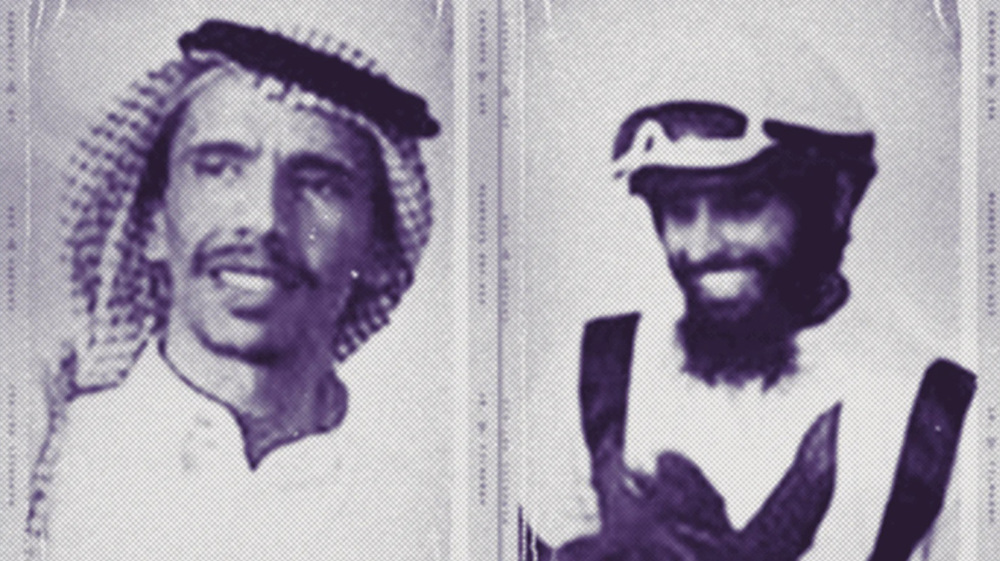
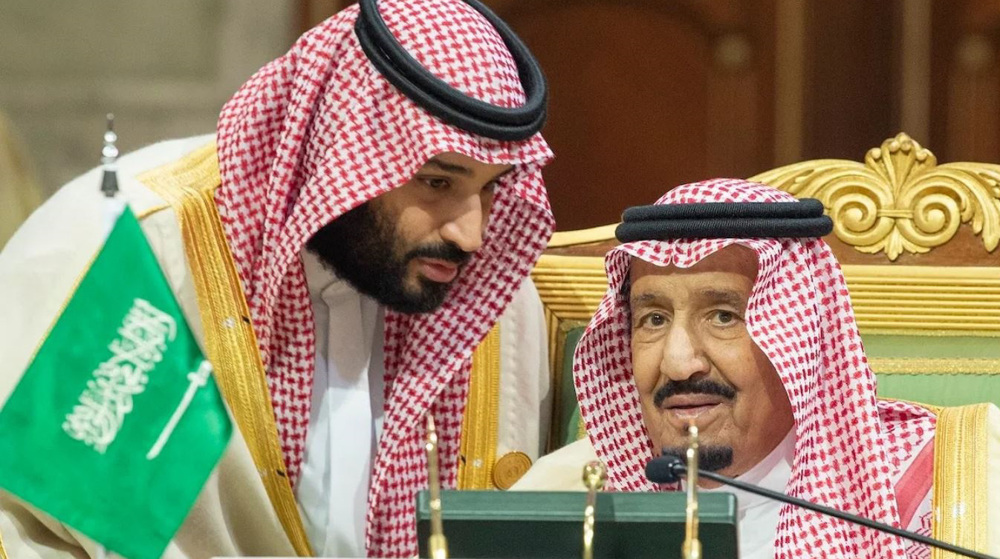

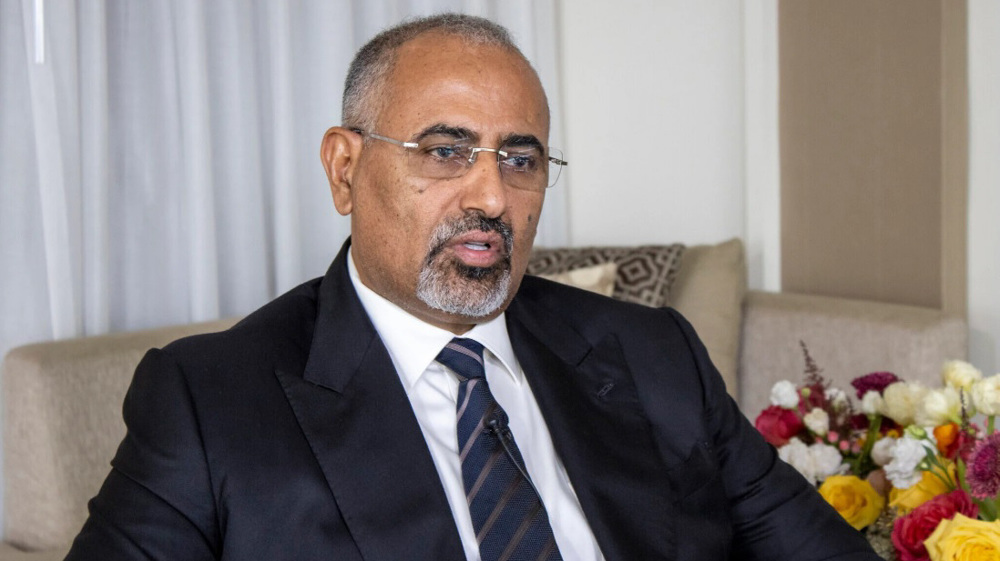




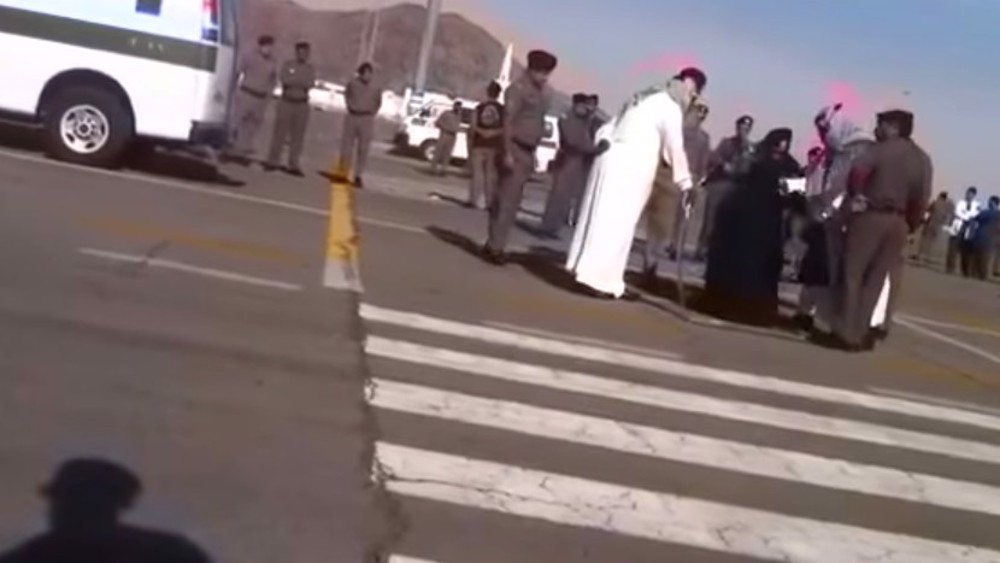

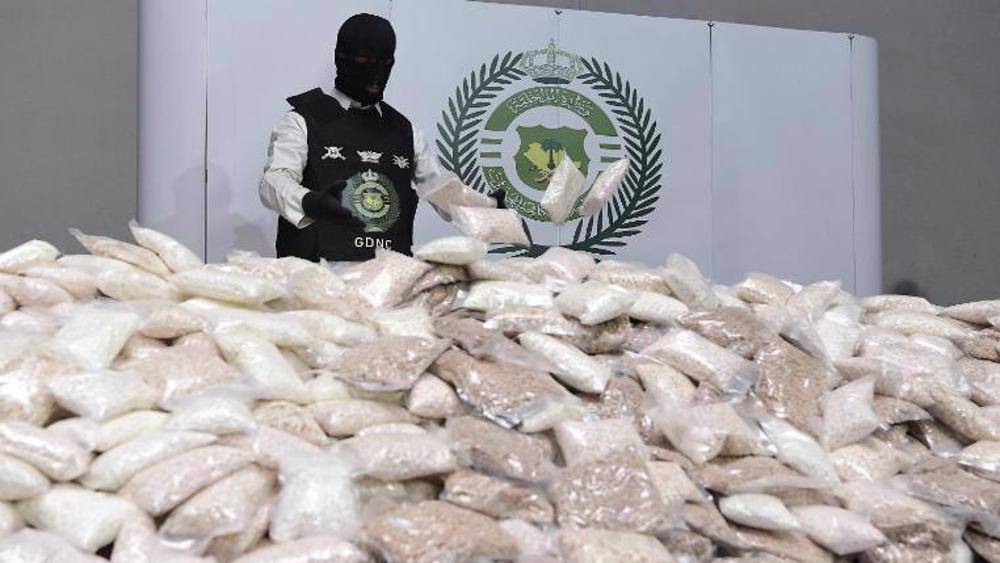
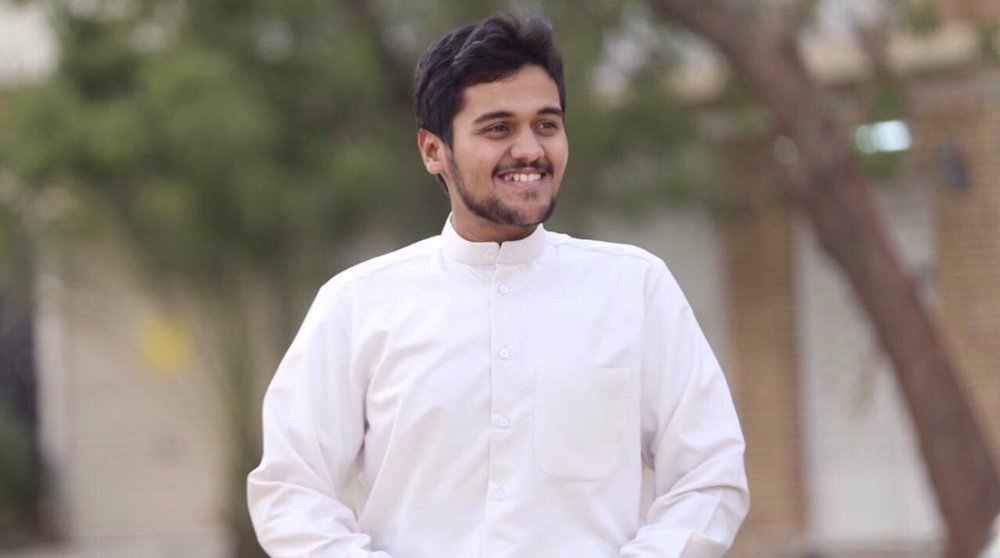

 This makes it easy to access the Press TV website
This makes it easy to access the Press TV website